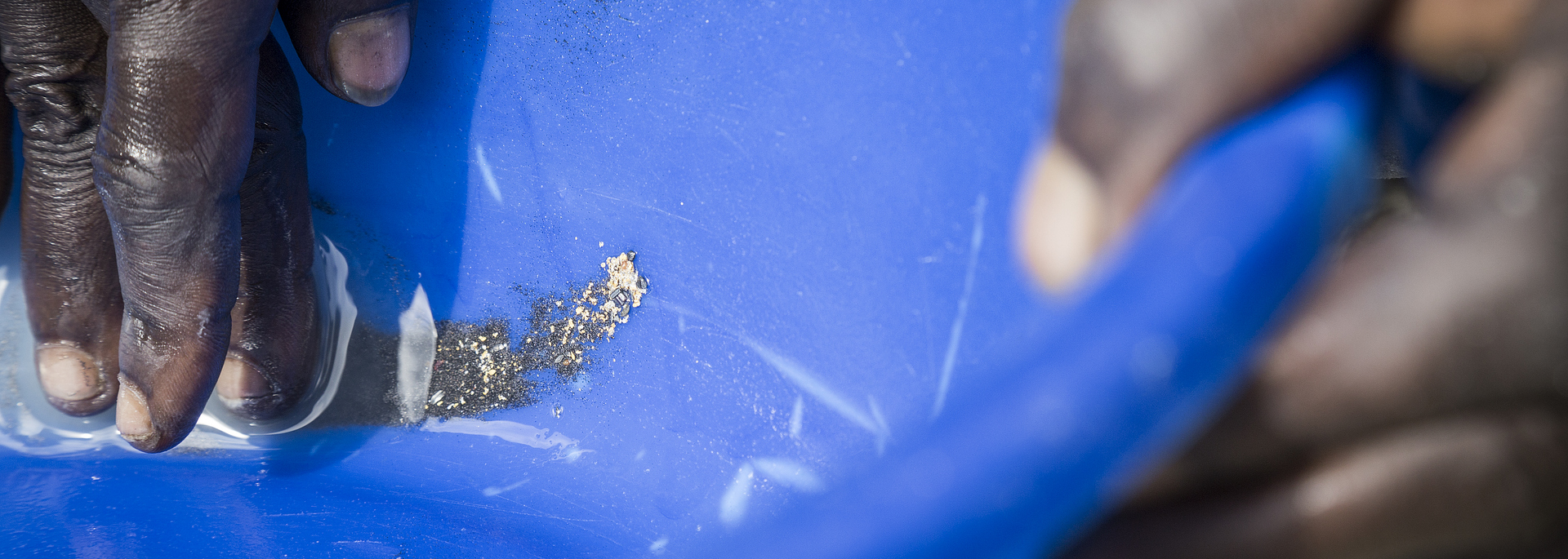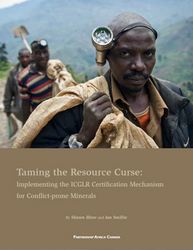
IMPACT in Zambia
Our work in Zambia focuses on providing technical guidance to develop new approaches for natural resource management.
Zambia has a long history of mining, and the sector played an important role in the country’s development. Zambia remains amongst the largest copper producers in the world, second in Africa to neighbouring Democratic Republic of Congo.
Yet, more than half of all Zambians still live in poverty, lacking stable access to education and health services. Inadequate revenue and resources management have limited sustainable development.
The country’s wildlife and livelihoods are also threatened by one of the highest deforestation rates in the world. Additionally, many Zambians suffer from the effects of decades of mining pollution.
Today, Zambia is engaged in efforts to transform its natural resource management systems. Zambia is a member of the International Conference on the Great Lakes Region (ICGLR) and in 2010, the country’s President signed the Lusaka Declaration with 11 other Heads of State approving the Regional Initiative against the Illegal Exploitation of Natural Resources (RINR).
Resources
Zambia is amongst the world’s leading copper producing nations. Other key natural resources include emeralds, gold, cobalt, zinc, petroleum, freshwater, and wildlife.

We Reveal
Our research in the Great Lakes region investigates the drivers of the illicit trade of conflict-prone minerals and highlights recommendations for ICGLR Member States, including Zambia. We examine issues such as formalization of the artisanal mining sector, fiscal reform, harmonization of legislation, and strengthening of internal controls to end smuggling. We also provide analysis of certification, traceability, and due diligence as it applies to conflict-prone minerals in the Great Lakes region. In 2011, we published Taming the Resource Curse: Implementing the ICGLR Certification Mechanism for Conflict-prone Minerals that outlined a certification mechanism for 3TG based on best practices. The mechanism was approved by all the Heads of State of the ICGLR, including Zambia’s President, in December 2010.

We Innovate
As part of our work to transform mineral supply chains, we’ve led efforts to support traceability and due diligence, while promoting benefits for Zambia’s miners and their communities. Since 2005, we’ve worked with the International Conference on the Great Lakes Region (ICGLR) to address the illegal exploitation of conflict-prone minerals—a regional initiative that Zambia is a member of. As a technical partner to the ICGLR, we are supporting the implementation of the Regional Initiative against the Illegal Exploitation of Natural Resources. We provide technical guidance to Zambia’s Ministry of Mines on implementing the six tools which include the Regional Certification Mechanism, the Regional Database on Mineral Flows, and formalizing the artisanal mining sector. We provide capacity building and sensitization to policymakers from Zambia, as well as members of its industry, and civil society on their role in traceability and due diligence.

We Engage
We advance dialogue with our partners in Zambia, including policymakers, private sector, and civil society to implement traceability and due diligence as well to ensure benefits reach miners and their communities. We engage governments to strengthen their internal controls, and encourage the private sector to put in place due diligence for their mineral supply chains.
Recent Highlights
ICGLR Regional Certification Mechanism Implementation
IMPACT supports the implementation of the International Conference on the Great Lakes Region (ICGLR) Regional Certification Mechanism and Organisation for Economic Co-operation and Development’s (OECD) Due Diligence Guidance. We provide technical support and training so that ICGLR Member States can effectively meet international and regional standards and ensure their minerals are conflict-free.
ICGLR Regional Database on Mineral Flows
IMPACT is supporting the International Conference on the Great Lakes Region (ICGLR) to operationalize the Regional Database on Mineral Flows as part of its efforts to end the illicit trade of conflict-prone minerals.

